Hockey is religion in some parts of North America, but in the heartland, hockey is about as common as a Lady Gaga cover band. Those that do play the greatest sport on ice have to deal with problems and challenges that other athletes never face.
The cold air sends a small shiver down senior Max Wiebrecht’s spine as he steps onto the ice. No one is in the stands; it’s just another day of practice. Wiebrecht’s legs ache slightly from the intense workout he just endured in the lobby of Canlan Ice Sports, just west of I-435 on Johnson Drive. He stretches a bit as other players coast effortlessly across the ice around Wiebrecht, biding their time until practice starts.
After almost three hours of intense conditioning and drills, Wiebrecht sits on a bench untying his skates, watching his breath disappear into the stale recycled air. He heads out to his car with his coffin-sized equipment bag, tossing it in the back. The next day, he walks the hallways of Northwest, performing his duties as student body president, just a little sore from the workout the night before. Other athletes get to hear their names chanted in the stands, or at least read over the announcements; the only reward that Wiebrecht gets is the satisfaction that he gets from playing the sport he loves.
It’s no surprise that few NW students are aware of the hockey culture. Kansas City has no NHL team, although it now has the Missouri Mavericks, a Central Hockey League team based out of Independence, Mo. Hockey is rarely the topic of conversation in Shawnee, at least not as much as KU basketball or the ineptitude of the Chiefs. On the eastern seaboard of the United States, cities like Boston, New York, Pittsburgh, Baltimore — those are true hockey havens. In Canada, hockey is even more prominent. When Wayne Gretzky had to abandon his beloved Edmonton, Alberta, to move to Los Angeles, fans literally cried with him. In Kansas, it takes a little effort to find that kind of passion for hockey, but it’s there.
Not surprisingly, due to lack of exposure, there is no Kansas High School Athletic Association sanctioned hockey league in Kansas. Missouri has the Mid-States Club Hockey Association, and several other small organizations, but they have no Missouri High School Athletic Association sanctioned league. This means that anyone who wants to play hockey has to play for a “club” team.
Northwest is currently home to three club hockey players. Wiebrecht, and junior Ryan Frost, both play for the KC Junior Outlaws, who are currently second in the Midwest High School Hockey League. Senior Tom Mitchell plays for the Russell Stover U18 AAA team, a member of the Tier 1 Elite Hockey League. Mitchell moved to Kansas from Minnesota to play for his team, which is currently ranked fifth in the country by the US High School Hockey Organization’s website.
Because there are so few teams in the Kansas City area, these teams are very competitive and require an enormous amount of commitment and dedication. A round table discussion with Mitchell, Frost and Wiebrecht provided a brief glimpse into the life they live as a high school hockey players in a seemingly hockey-less place.
-Clay Coffman
Q & A
How did you become interested in hockey?
Ryan Frost: My friend right down the street was playing it. I had just moved to the area, and we played on the street a couple times. He thought I should start playing for the team he was on.
Max Wiebrecht: Plain and simple: I watched The Mighty Ducks. It got me hooked.
Tom Mitchell: My dad, brothers and friends all played hockey, knee hockey in the basement, and the outdoor rink got me hooked. Not playing was never really an option with them influencing me as much as they did.
How much time do you put into the sport? Does it consume your weekends and weeknights?
RF: Definitely. Sometimes our weekends are just shot.
MW: We have a JV and varsity team, and we travel together. Typically, we practice three days a week, and then we play Friday, Saturday and Sunday. We travel for the Midwest Hockey League, and, basically, we travel anywhere from Dubuque, Iowa, and as far north as South Dakota.
TM: Yes, we lift lift every day and then skate at least five days a week. If we have games, we leave early Thursday mornings, play five games, and don’t get back until Sunday night.
How often does the team travel?
RF: It’s pretty much every other weekend and then sometimes back- to-back weekends.
MW: For example, we were in Omaha, Neb., last weekend, and we’re in Lincoln, Neb., this weekend. We get a break and play at home next weekend. After that, we’re in Ames, Iowa, and then Des Moines, Iowa.
TM: It’s about every other weekend, and sometimes back-to-back. We travel to Pittsburgh, Madison, Dallas, Denver and other cities.
How hard do you have to work to be on this team? Is it competitve?
MW: The one team that is close is by Ice Sports off of Johnson Drive, and then there is another Kansas City team, the Stars, and they’re out of Olathe. Both teams are very competitive and take it seriously. The biggest game of the year is probably when the two Kansas City teams play each other. We have tryouts; there’s a cut, and everything, just like in any other sport.
TM: It’s a big commitment and very competitive. The season starts in mid-August and rosters aren’t set until Dec. 31, so guys can be cut and others brought in before that date.The closest team in our league is out of St. Louis, and guys from our team are from Minnesota, California, North Carolina, Texas, etc. We even have a goalie from Finland who practices with us.
Does traveling affect your grades at all?
RF: If need be. As long as you use the travel time wisely, you’ll have no problem.
MW: Not really. We use the travel time to finish up any work.
TM: Ha ha, traveling makes making up tests, quizzes and homework interesting. I’m still finding time to make up a final.
How does hockey affect your social life?
RF: It does heavily impact your social life, because we don’t have the weekends to hang out with friends and stuff. But then again, you are with your team and the friends that you have on the team who you’ve bonded with for a countless number of years.
MW: It affects me a lot because I’m doing all this student body president stuff and I have to miss out on lots of events, but overall, it’s worth it. The group of kids we have on the team is pretty fun to hang out with. I miss some of the stuff that goes on here, but in the end, it’s definitely worth it.
TM: I made the choice to leave all my friends in Minnesota and make the move to Kansas. When I’m here, I have very little time to hang out with my new friends and usually have to use that time to do homework. You get really close to guys on the team, so that makes it easier.
Is the team made up of students from different schools?
MW: Oh, yeah, there are kids from Independence, Topeka, Blue Valley Northwest and Olathe.
TM: Yes, most of them go to Blue Valley or Olathe because of where their host family lives, but my host family’s house is closer to here.
What is the next step after high school?
RF: In hockey, in order to play Division 1 in college, you have to go play in a junior league and miss out on some schooling. So when you get to college, you’re a little behind in the learning aspect. Juniors is basically what you would call Minor League.
Are either of you planning on following this path?
RF: There is the Air Force Academy. They’re the only D1 school that actually takes true freshmen at age 18 and are making it to the Final Four. So, that is in the back of my head.
MW: There have been a few teams that have contacted me and I might do that, but I’m undecided right now.
TM: Yeah, thats my plan right now.


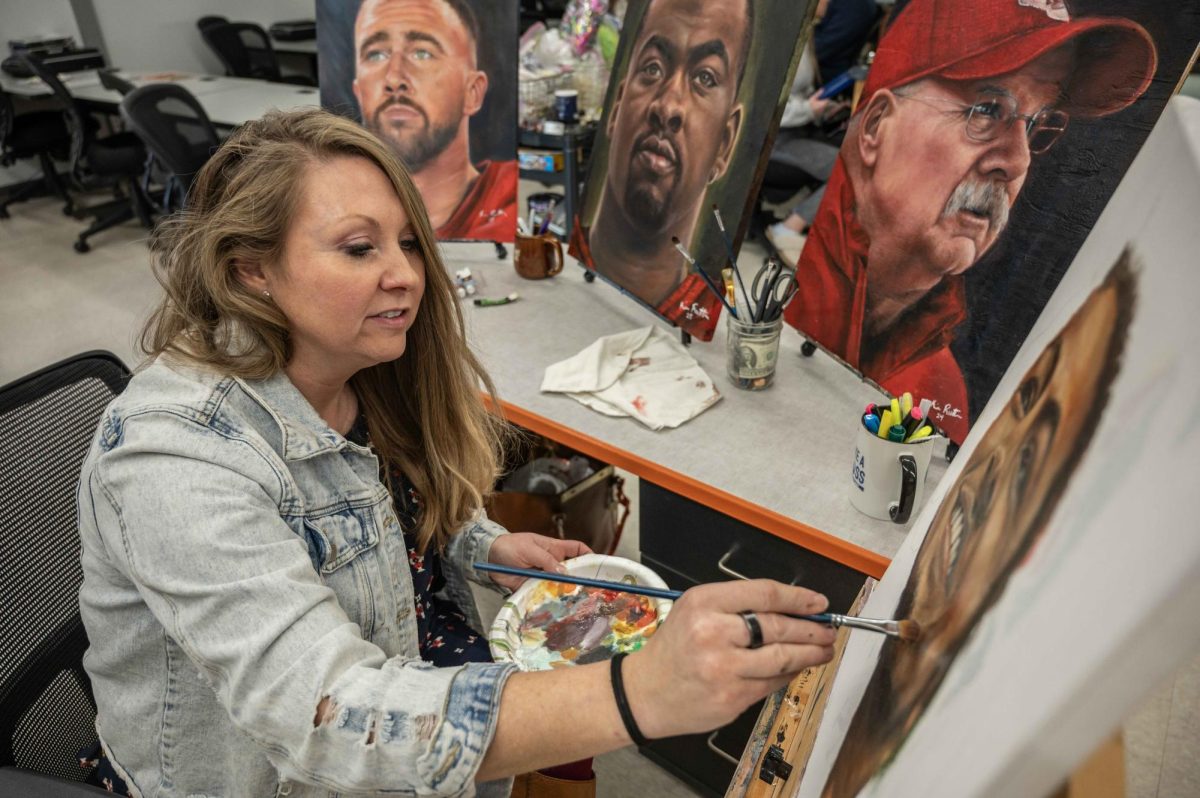
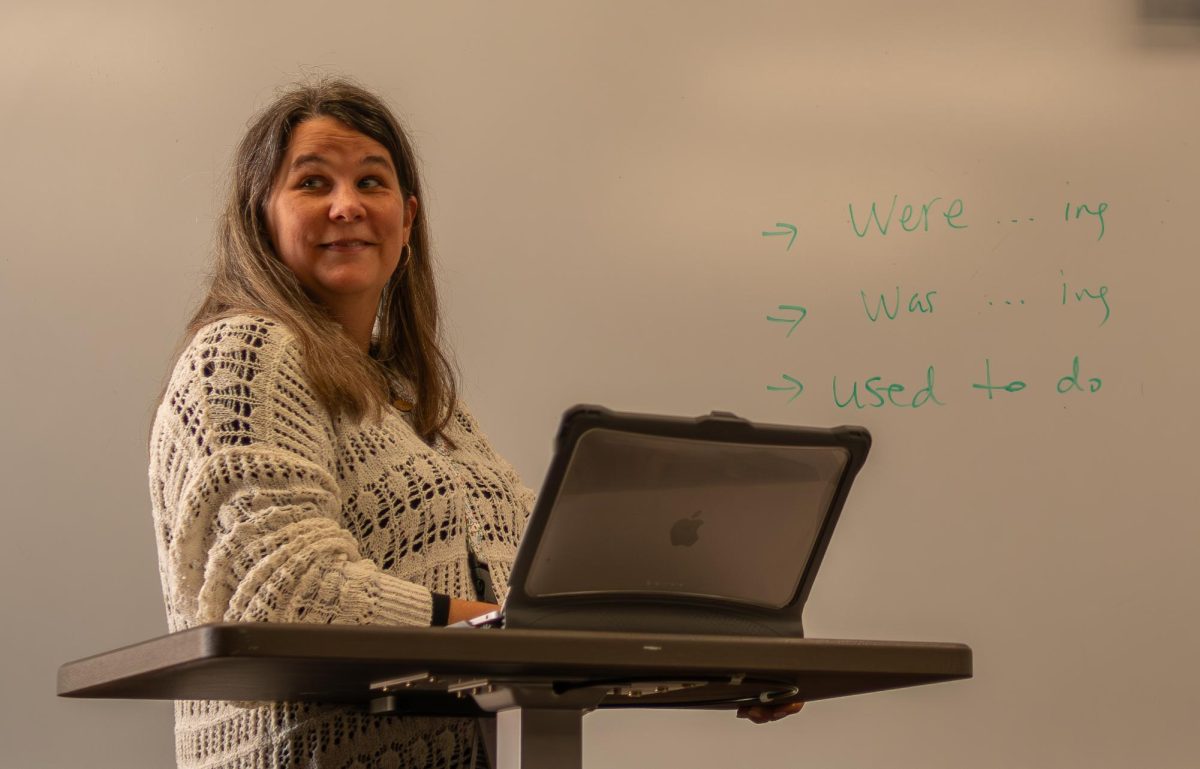


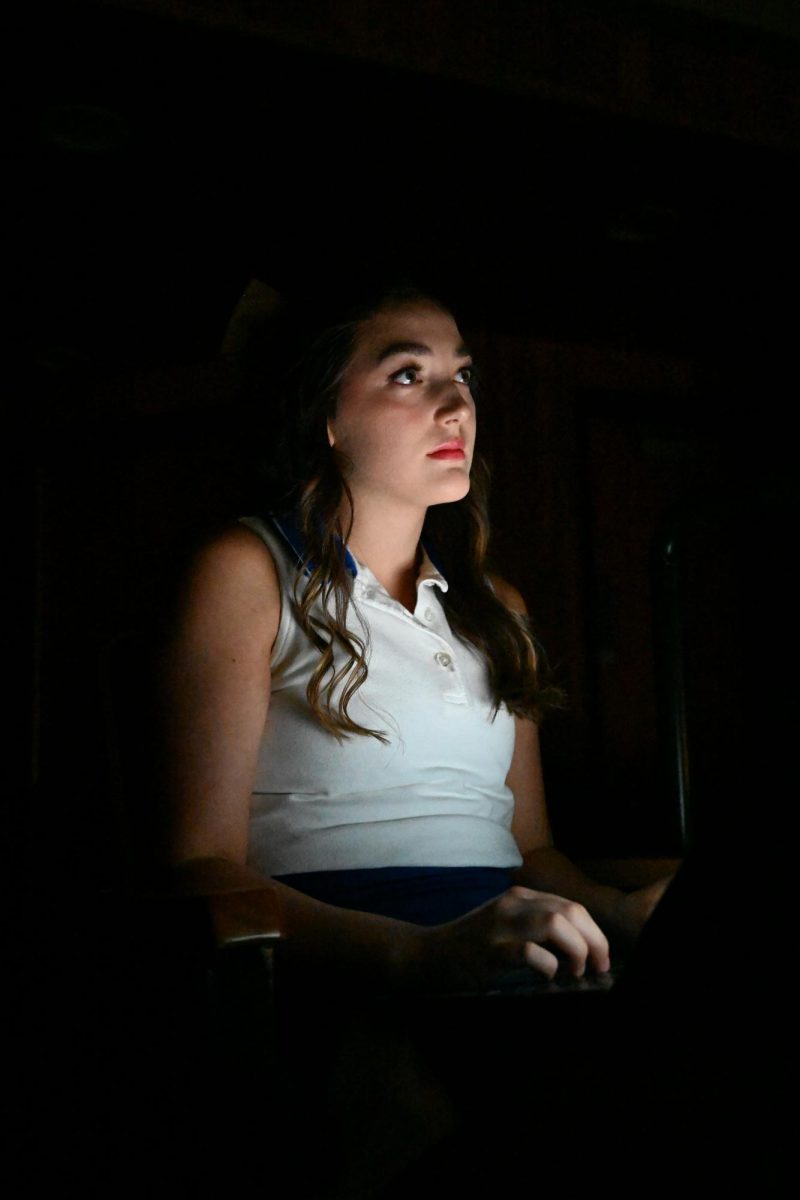

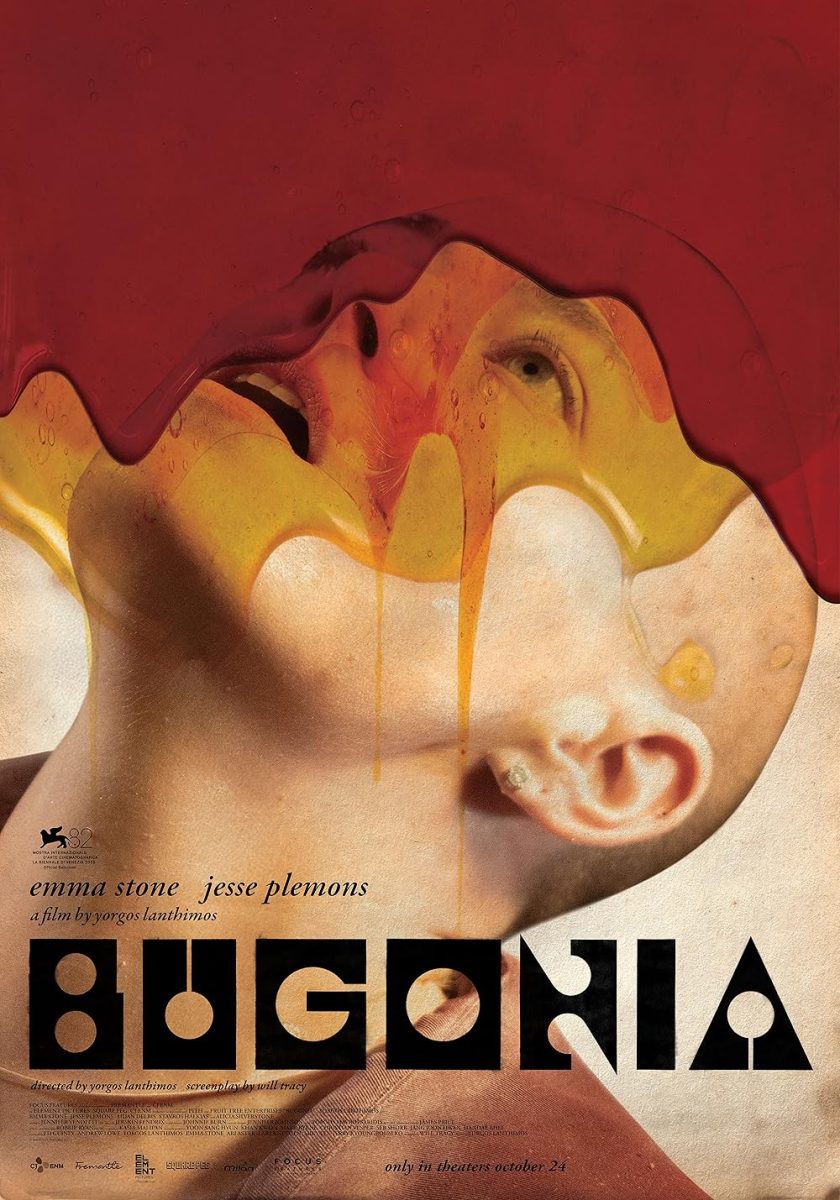
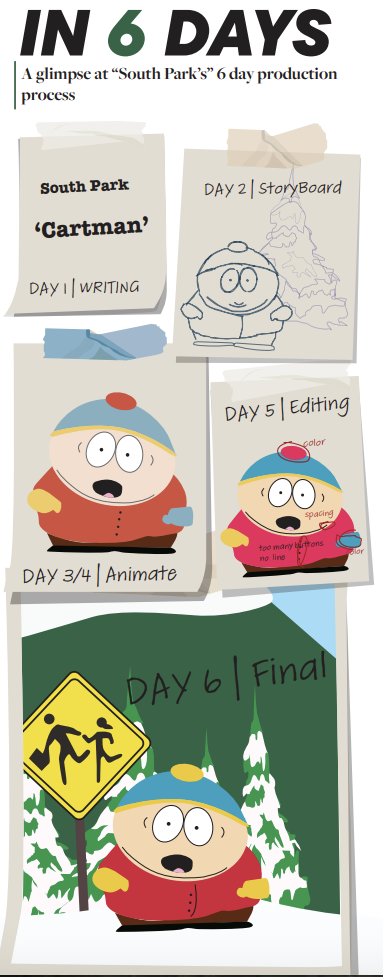
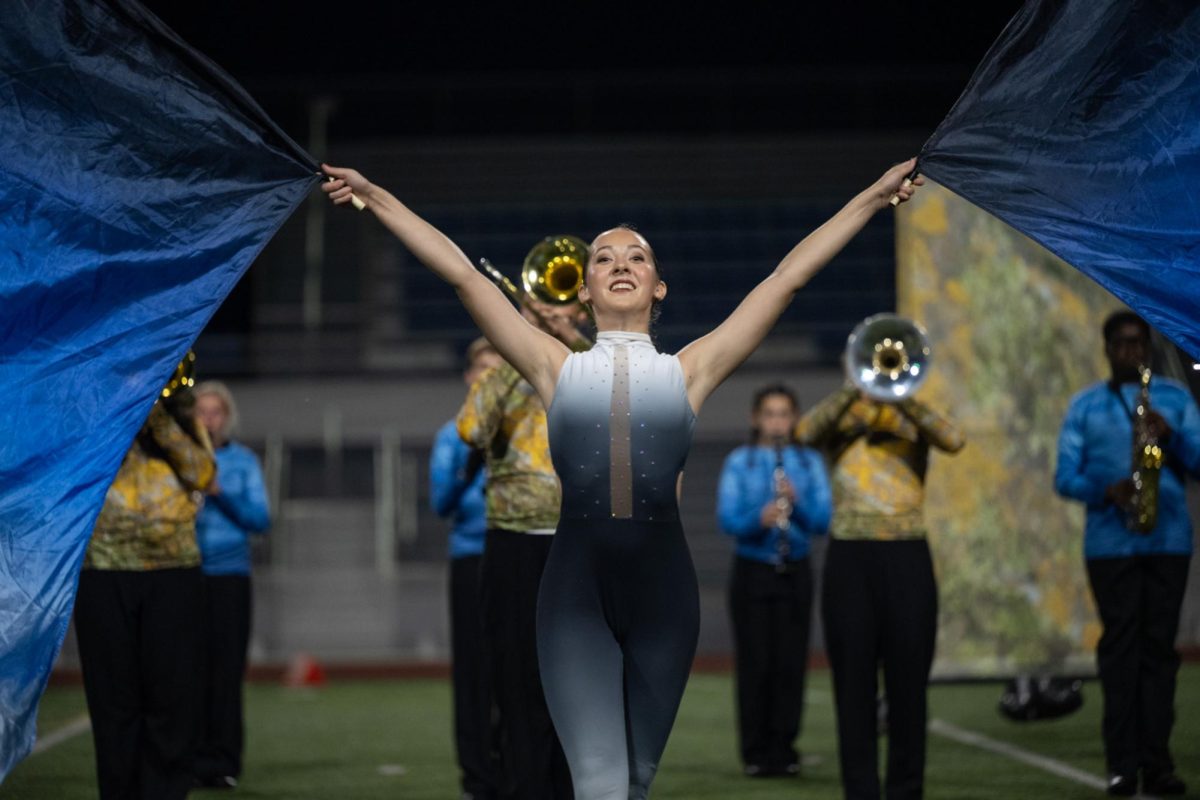
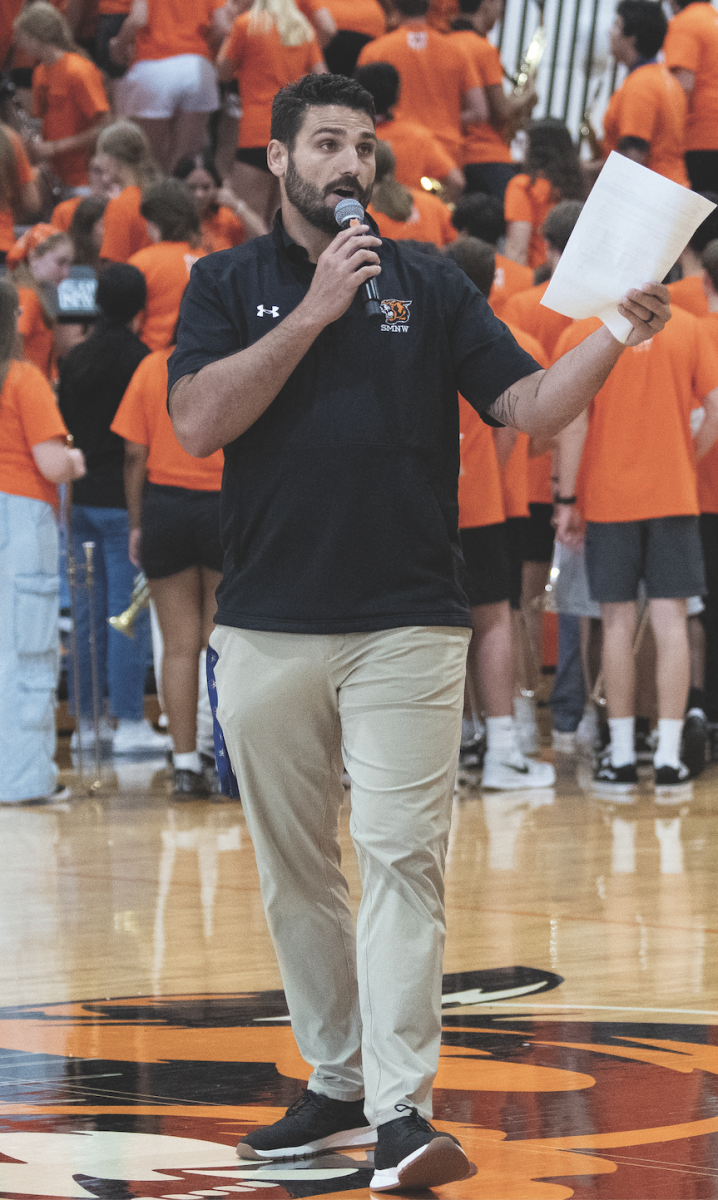
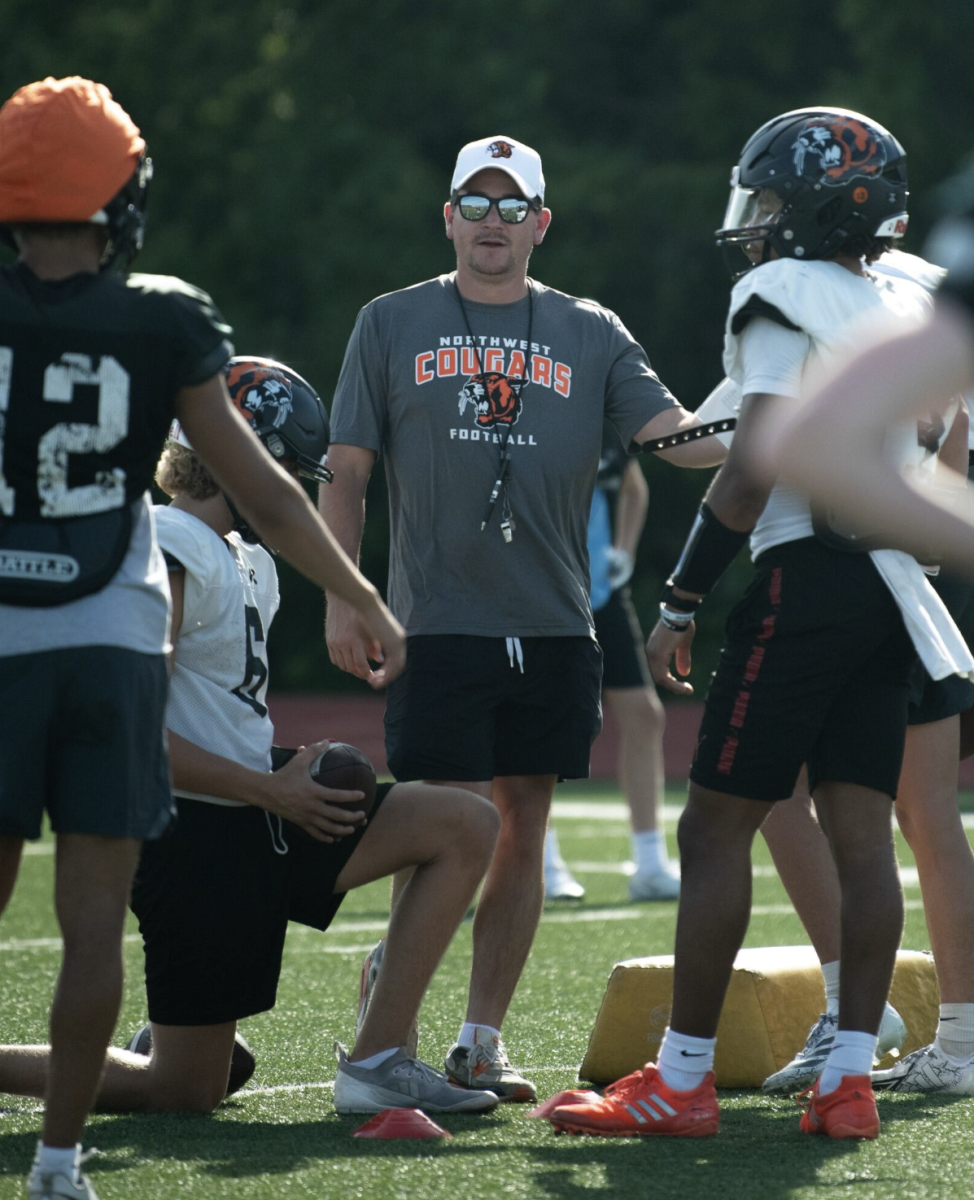
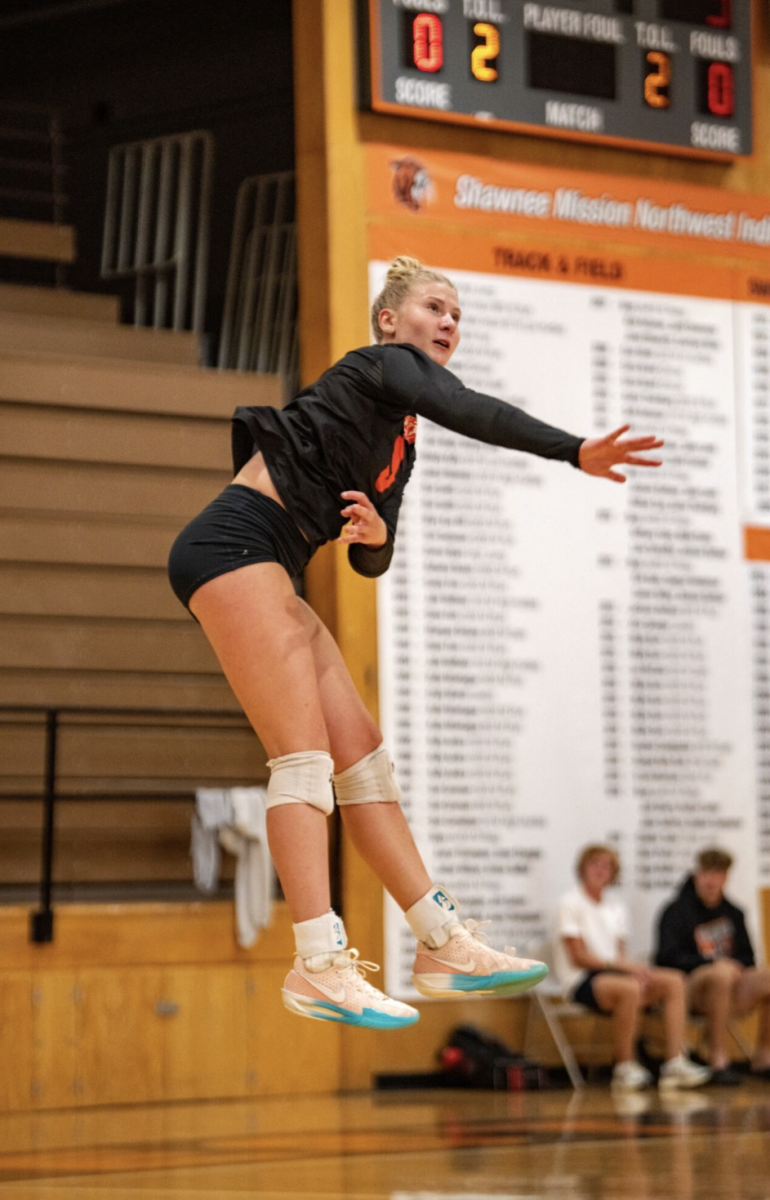
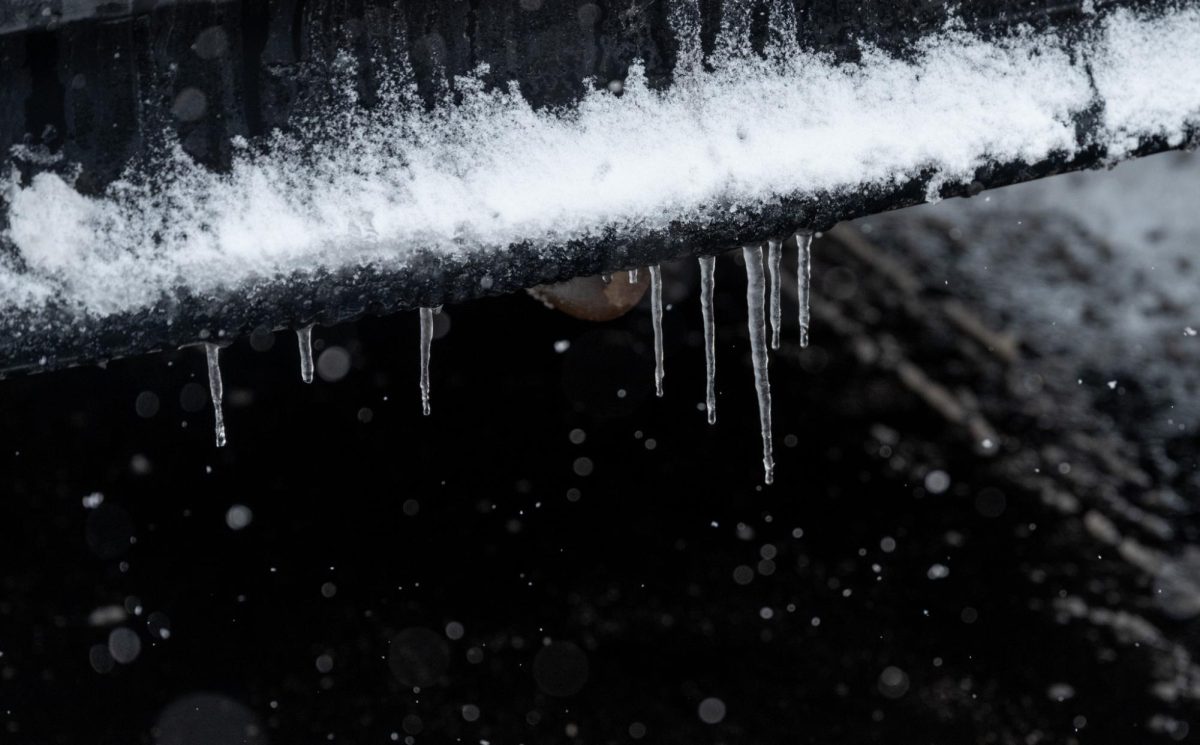








Missouri Mavericks • Jan 29, 2010 at 9:48 am
Great article! We’ll post this to the Missouri Mavericks twitter feed:
http://twitter.com/MoHockey
Keep up the good work guys!